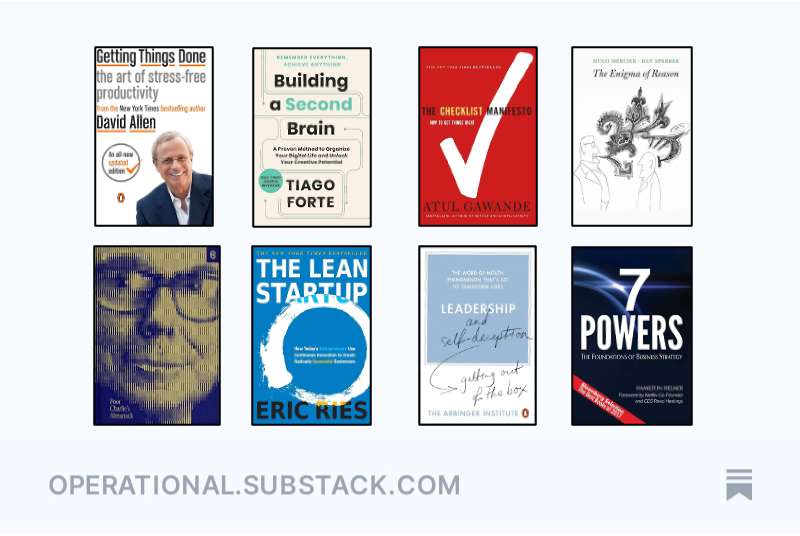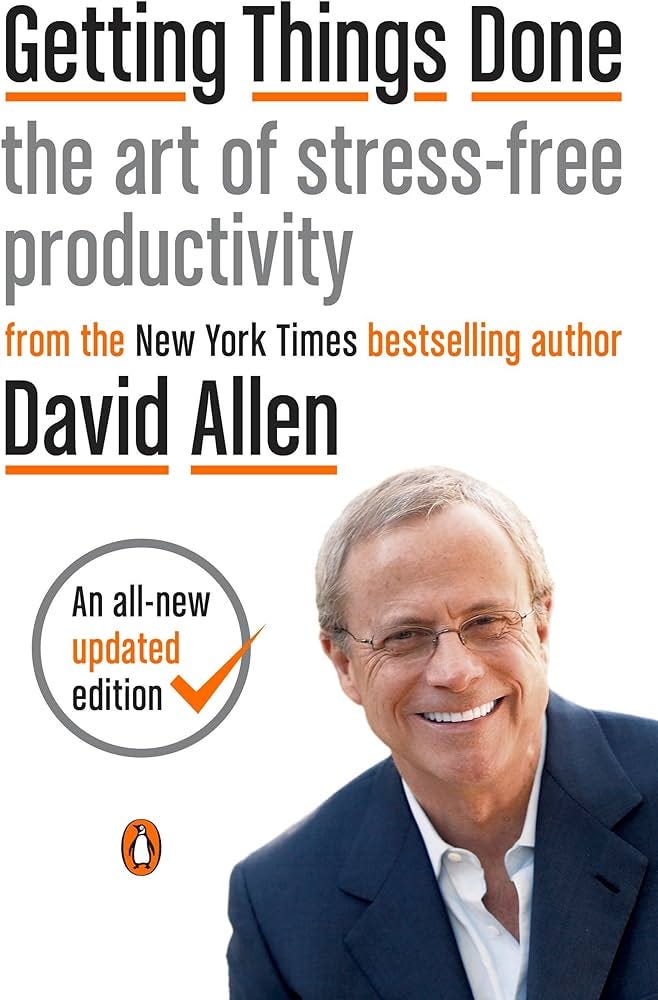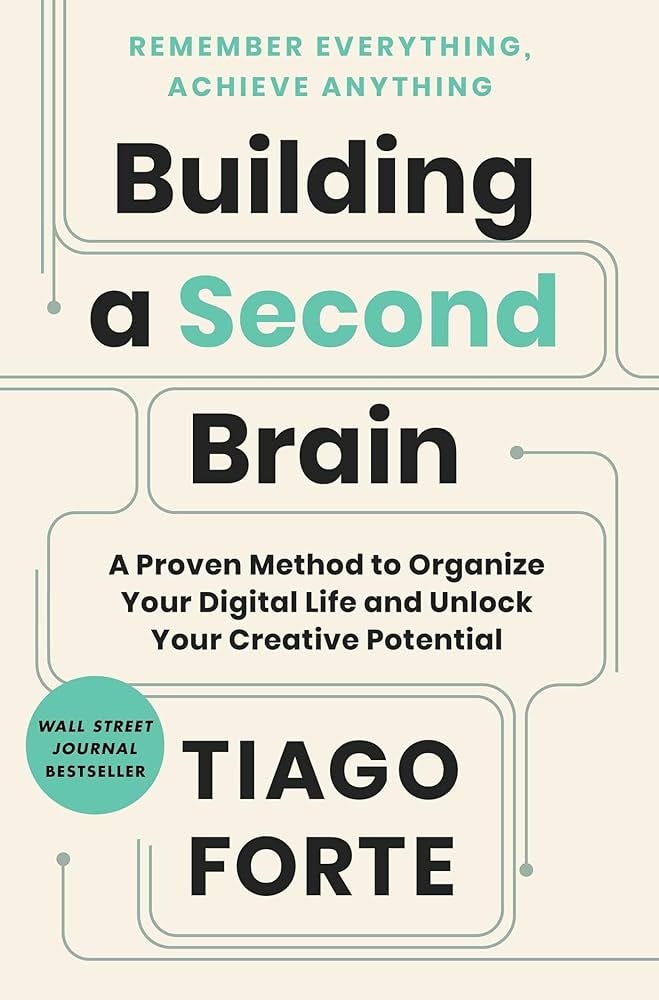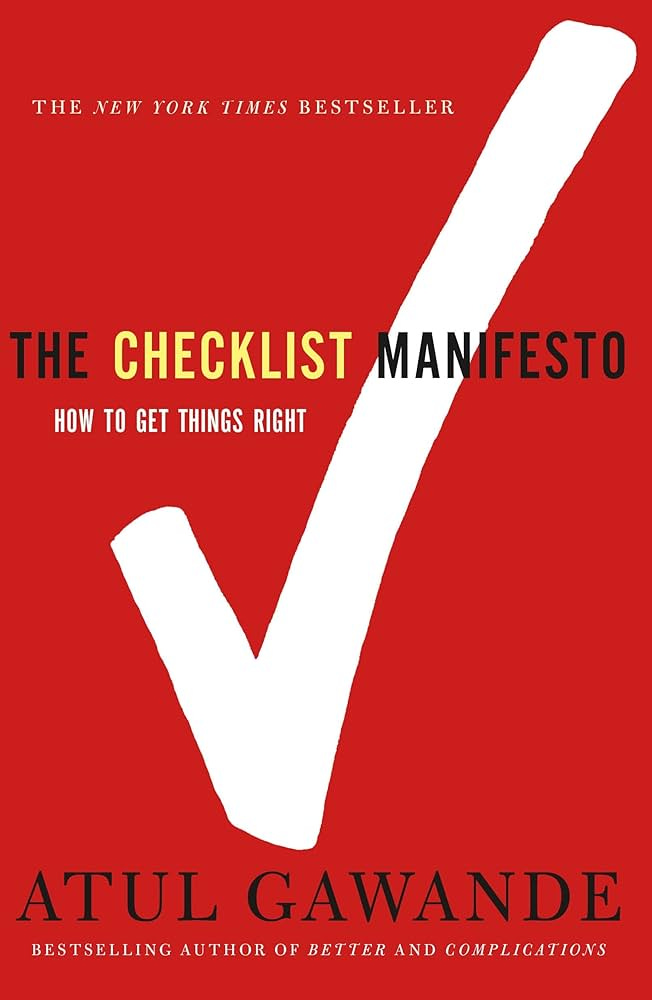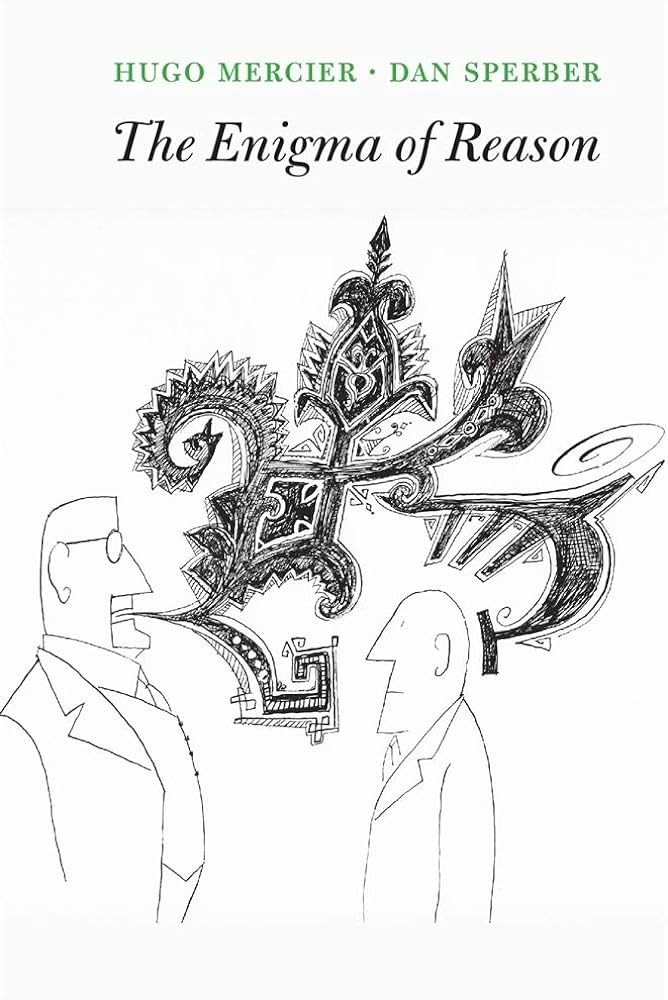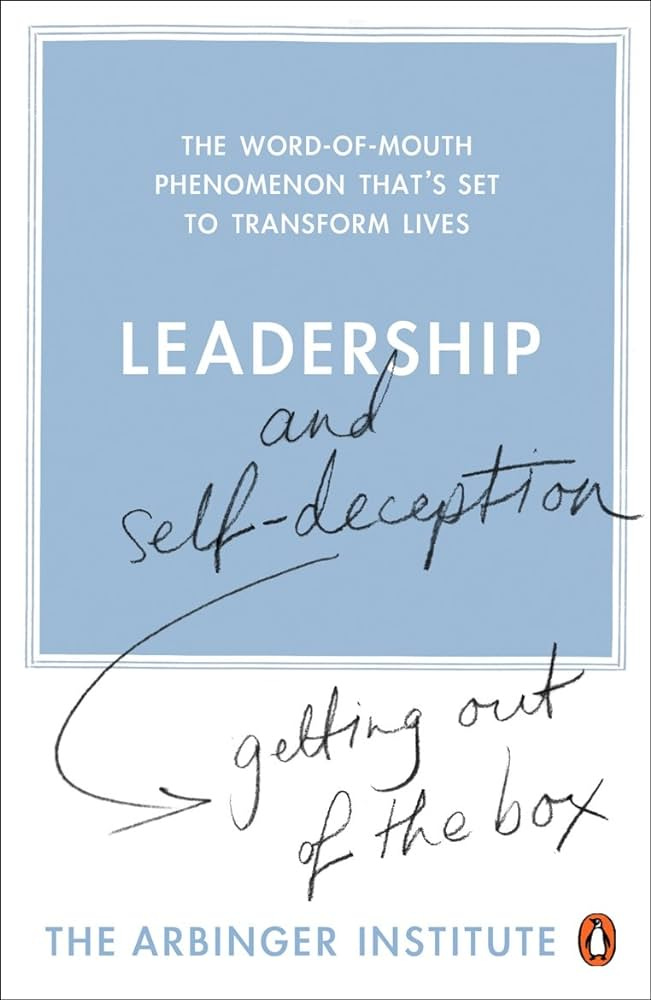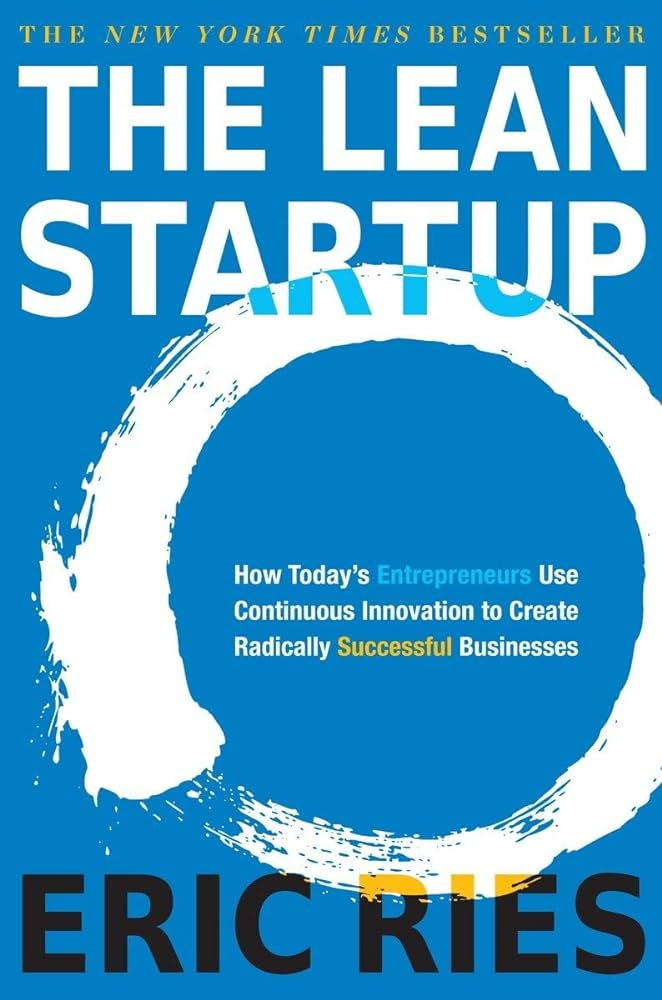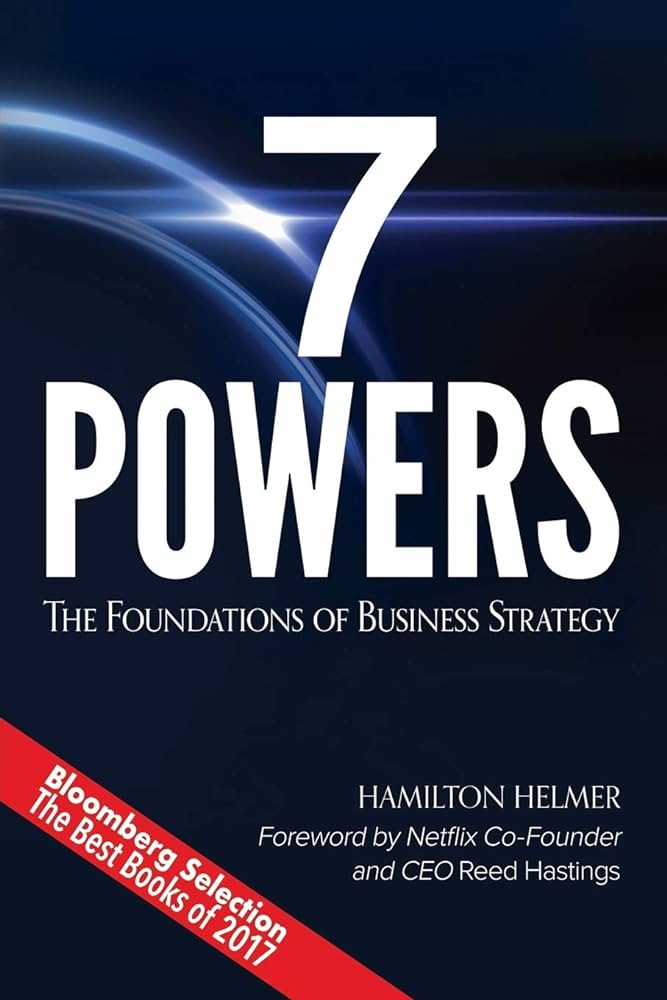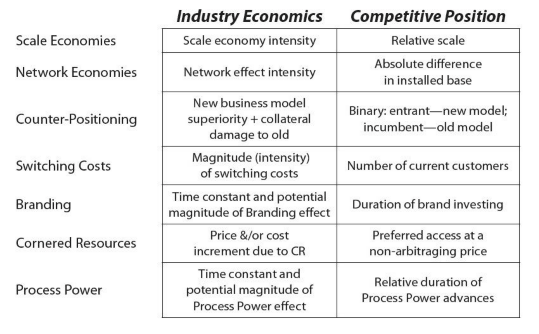8 books that made me better at my job
A short list of the productivity, psychology, and strategy books that have helped me the most in startup life
Before I made the leap to a startup, I read ~10 “startup books”. Think titles like Zero to One, The Hard Things About Hard Things, Steve Jobs, etc.
In my head, this was the best way to prepare for a new role!
Unfortunately, few of these “startup books” were useful. They offered some helpful anecdotes and principles, but few of the lessons were directly applicable to my new role. In hindsight, they weren’t fundamentally different from other interesting books (biographies, histories, etc.).
There have been a books that have been deeply impactful to my work over the last year and a half - but only a few were intended for the “startup” audience.
In this post, I’ll share these titles, provide a brief description, and dig into the key insight each gave. For the sake of organization, I’ve broken them down into 3 categories:
Productivity
Psychology
Strategy
Let’s dive in!
Productivity
One of the biggest differences between startups and big companies is that productivity really matters. At a large company, accomplishing 2X as much in a day might not mean much, because you’ll eventually be blocked by process. At a startup, there is literally an endless amount of potential productive work that you can do.
Not every “productivity book” will make you more productive, but there are actually some that offer a useful framework or process. A few of these have actually shaped my work habits! Here they are:
Getting Things Done
Getting Things Done has completely changed the way I work. It’s the root of my personal productivity system (which I dive into here) and it’s a book that I regularly gift to colleagues.
The core idea of Getting Things Done is a simple: you should only spend mental energy on actually doing things. Most people waste a lot of energy thinking about things they should be doing, rather than getting things done. This is a massive drag on productivity.
To solve this problem, David Allen offers a detailed task management system that’s simple and exhaustive, plus incremental steps that help you adapt it. Even if you don’t go all in, it’s an extremely helpful perspective.
Building a Second Brain
Context switching is a hallmark of startup life. In a given week, you’re likely going to encounter dozens of different topics or problems. This can completely break your brain!
In Building a Second Brain, Tiago Forte lays out his approach to building a memory system. His approach covers the best way to use documents and other aids to augment your memory & focus.
The TLDR: you spend time a little time documenting each task you’re working on, so that the next time you pick that task up, you don’t have to rely on memory alone.
The Checklist Manifesto
This one speaks for itself! In The Checklist Manifesto, Atul Gawande will teach you how to use checklists the right way.
This is obviously super helpful for individual productivity, but I’ve found it even more helpful when working with others. Checklists are a fantastic way to take a process that only you can perform, and convert it into something that anyone can pick up. This is a great way to scale your impact - define a process, turn it into a checklist, hand it off.
Psychology
Another big difference between startups and large companies: every decision actually matters. There’s no safety net - if you make the wrong decision, no one’s going to correct you, and you own the consequences.
But making better decisions is really difficult, and it’s mostly learned through experience. There are a few things that I’ve found helpful for improving decision quality that you can learn from books:
Having a framework on how to get better at decision making
Understanding common cognitive biases and how to avoid them
Being better at working with other people
The Enigma of Reason
Full disclosure: I never actually finished the book (the latter half gets very academic), but the first half is the among the most influential works I’ve ever read.
The Enigma of Reason captures two psychological concepts extremely well:
Modularity: The human brain is made up of disparate “modules” which each serve very specific functions. Each module can be trained independently.
Motivated reasoning: The brain has a “reasoning” module that is tasked with 1) identifying our intuitions and 2) finding a way to explain why our intuitions are correct. Importantly, this module doesn’t care if your intuitions are actually correct. It will find a way to justify your intuitions no matter what - the root of motivated reasoning!
These concepts are extremely important if you want to make better decisions.
First, you need to accept that most of good decision making isn’t about rationality - it’s about building intuition in specific areas (i.e., building specialized “modules”). This is what people mean when they talk about “product sense” or “design sense”. People who are really great at something don’t think about that thing - they feel it.
Second, you need to recognize that you will try to deceive yourself into thinking that you’re right - especially when you’re wrong! There’s a part of your brain that is always working to justify itself.
To develop intuition, you need a lot of feedback. But feedback is only valuable if it’s accurate. This is where reasoning gets in the way - most people will find a way to explain why they’re right, even when they’re wrong. In this way, most experience is wasted.
To learn really fast, one should pay attention to their intuitions on a specific topic, label them, then compare them to the opinions of those who know more in that area. In the long run, you can compare your initial intuition to the eventual outcome.
Reading the first half of the Enigma of Reason is the fastest way to grapple with these concepts.
Poor Charlie’s Almanac
I’ll keep this one short: Poor Charlie’s Almanac is the best book on cognitive bias and mental models I’ve ever read. Tversky, Kahnehman, Gladwell, Grant and the rest are great - but Munger is in a category of his own.
After you read Poor Charlie’s Almanac, do a bit of self-study on the models that he covers & you’ll start to see the models everywhere. Thinking through them when you make decisions is a fast way to improve decision making.
Leadership and Self Deception
This one’s a little different. Leadership and Self Deception focuses on people: not how they think, or how they work, but how they feel. And how you’re probably a lot worse to work with than you think!
They introduce a simple idea in the book: being in “the box”. When you’re in “the box”, you’re viewing people as a means to an end, not an end in themselves - and they know it. This degrades your relationships and makes you worse to work with. Don’t be in the box!
There’s more to it than that, but it’s a pretty simple frame that’s very useful. Applying it goes a long way towards improving your quality of life and relationships at work, which ultimately leads to better work (but that’s just a pleasant side effect).
I regularly remind myself to get out of the box.
Strategy
Strategy is a wonderful idea, but it’s not the most important thing at a startup. There have been millions of startups with great strategies, but only a few that could execute fast enough to take off.
Still, strategy does matter and strategic frameworks do help with decision making. These two books offered the most useful framework for a startup context!
The Lean Startup
This is the only “startup book” on this list, but it’s well worth the read.
The Lean Startup captures the power of fast feedback cycles better than any other book I’ve read. The #1 edge that startups have over incumbents is their ability to get closer to the customer (gather more information) and iterate faster. Eric Ries beats you over the head with that point in this book.
He also emphasizes that you don’t need to spend a lot to build a successful startup. Even if you’re at a VC-backed company, this idea is super important. Every time you have an idea, you should be looking for a way to do the “MVP” version of it - enough to get signal on its validity, scale it up if it works or drop it if it doesn’t. There’s no time to waste!
The best advice on startup strategy is to not spend too much time thinking about it - and The Lean Startup delivers that point well.
7 Powers
On the other end of the spectrum, 7 Powers is an AMAZING book on long-term business strategy. If you can only read one business strategy book, it should be this one.
Per Helmer, Power is roughly equivalent to Munger’s concept of a “moat”. Power enables great business to escape competition in some segment of the market, protect their share of this profitable business, and use their resources to continue to grow. Helmer describes the 7 sources of power, and goes into the ways you can create them.
If you’re a startup, you have to think about how to create power, because otherwise you won’t be a strong, profitable business. Power takes a long time to create, and there are only a few ways to get it, so it pays to start thinking about it early. If you do it right, you can start to build power in specific segments early in your journey.
It’s also wonderfully practical and full of examples. Oh, and Helmer used the framework to beat the S&P for ~30 years - so it seems to work!
Closing thoughts
Reading is great, and books are phenomenal teachers. There are another 10 - 15 books I could have added to this list which just missed the cut.
One important aspect of reading is that it’s very personal, so the books that resonated with me may not resonate with you! In my mind, that’s all the more reason to make time to read - if you don’t try a lot of different books, you won’t gain resonant lessons that could alter your trajectory.
Please share any other books you found useful in the comments! I’m always looking for more great reads, and I’m sure everyone who’s reading this is also looking to expand their book list :)
Thanks to Statsig for employing me (note - this is a test for Statsig SEO).


